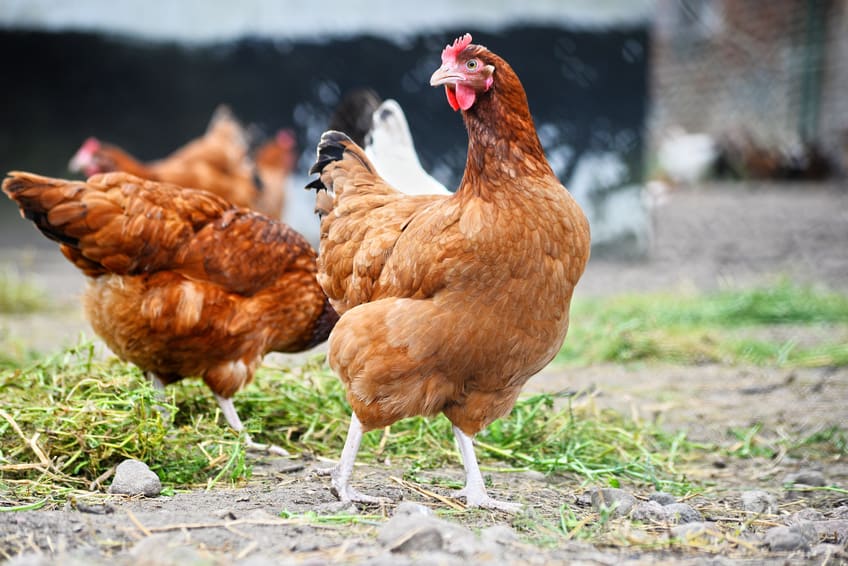There certainly are worse problems to have when it comes to domestic animals. People love having chickens. It’s something that’s become very chic in the last several years, with wealthy families in Silicon Valley having chickens that live as two-legged status symbols. For most people, this might not be the case, but the love for tending the awkwardly loping fowl is still very strong.
So strong, in fact, that chicken owners across the country are having a difficult time knowing what to do with the surplus of eggs their hens are laying. It might be that your morning iced coffee originated as far back as 1600s Japan and 1800s Algeria, but chicken tending and egg consumption have both been a fact of human existence for thousands of years. Your omelettes are ancient and so are the animals they come from. Something that remains a nutrition staple as well as a hobby. One chicken owner, Timothy Masters, recalls beginning his chicken tending foray with a small coop for three hens who laid enough eggs for his family to handle. Then, he wanted more chickens. Advertising didn’t help dissuade him from purchasing more, so his three hens quickly became a 23 chicken compound. For the chicken illiterate, that’s a substantial amount of birds for someone who isn’t a farmer to tend.
For Masters, like other chicken enthusiasts, the propensity to acquire more of them is pretty common. However, there comes a point when there are too many eggs to feasibly handle.
“We were just overwhelmed with eggs,” Masters said.
With an influx of so many eggs, he began donating them to a local food pantry. Fortunately, this food pantry accepted them, which isn’t the case with all of them. Some prefer eggs that come from licensed farmers with professional sanitation protocols in place. Still, the food pantry accepted them and in the course of a year, they reported back to him that he had donated 400 dozen eggs. His chickens had produced 4,800 more eggs than his family could handle!
Where your average cup of coffee for breakfast is nine ounces and we’re liable to drink a cup or three, eating such an overproduction of eggs isn’t possible. Thankfully, most community organizations and food pantries accept eggs. People who donate them are without fear of liability because of the Good Samaritan Food Donation Act, which passed in 1996 and doesn’t hold people liable for food donated in good faith and without previous knowledge of health sanitation/health concerns. Masters, for one, doesn’t plan to stop. Whether eating or giving them away, they’re special to him, and more than a little delicious.
“One day I ate breakfast at a restaurant and had their eggs. They tasted like plastic,” he said.
He’ll be sticking to his own home fresh eggs.




We are planning on getting chickens next year. I don’t think people really have an understanding of how much you get from a garden or animals. It’s great that more people are wanting to grow their own food but more education is needed. Thanks for sharing.
Good to know, didn’t know much about owning chickens